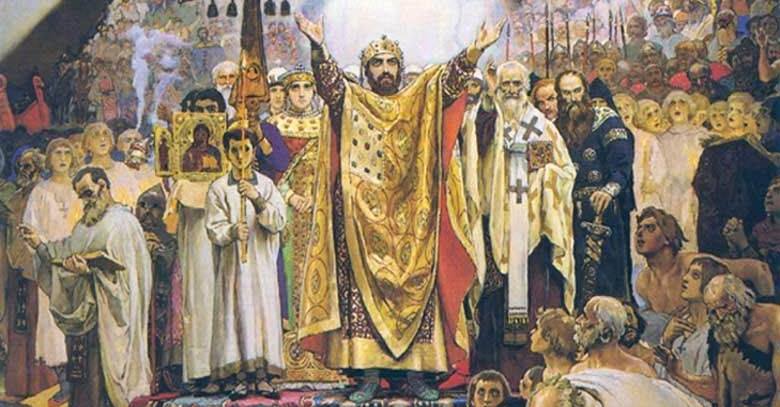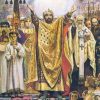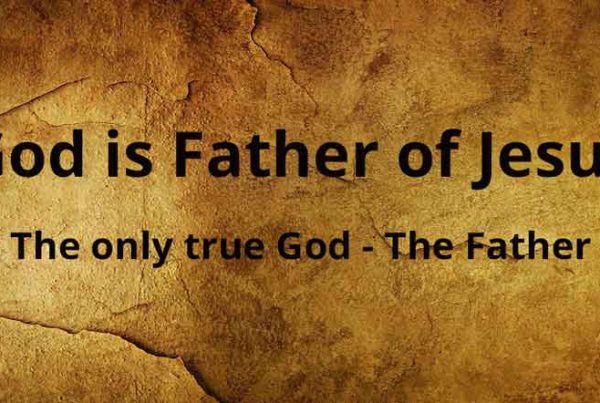
Believers in Christ gathered together under the leadership of the disciples, proclaiming the gospel and receiving instruction. This group was called the church. None of them created a religion by believing that Jesus was the Christ spoken of in the Law of Moses. The Disciples Congregation met for the purpose of spreading the Gospel.
The Roman Empire played a major role in bringing the Christian faith to a very dismal state today. The Christian history up to 62 CE is available from the Bible. After only four years, the social conditions in which they lived have changed dramatically. In 66 CE, the Jews began a revolt against the Roman Emperor Nero. Emperor Nero appointed Vespasian as the commander of the army. After Nero committed suicide in June 68, Vespasian became the emperor. He sent his son Titus to Palestine to stop the Jewish Revolution. Titus defeated the Jews and conquered Jerusalem. The Temple of Jerusalem was destroyed in September 70 AD. The blood of the Jews poured out on the highways of Jerusalem. Many Jews were imprisoned. The apostolic church in Jerusalem nearly collapsed during the Israeli crackdown on Nero and Vespasian. Peter was crucified by the Romans. Most of the apostles who followed Jewish culture were brutally executed. Within the Roman Empire their teachings were completely silenced. The true Christian faith was gradually weakened as the Jerusalem assembly, which had to be blocked by its own teaching of the Romans, weakened.
The Roman Empire took all necessary legal measures to prevent any organized mobilization from the Jews. In 130 AD, the Roman Emperor Hadrian proposed to build the shrine of Jupiter in order to break the unity of the church by gathering together at the Temple in Jerusalem. The Jews who opposed this were beaten and exiled to the city of Jerusalem. Circumcision was forbidden in Jerusalem. Jerusalem was transformed into a Roman city, and many temples were built. The Romans kept their eyes open on the Jews. The Romans were aware of the possible consequences if they were left alone.
In June 98-117, when Trajan was the Roman emperor, Junior Pliny, governor of Asia Minor, sent many letters to the emperor accusing Christians. The letters contained the accusations that Christians abandoned Roman temples and altars, worshiped in the way of Christ, and sang songs. On the orders of the emperor, Pliny expanded a number of Christians. Those who accepted the faith of the Roman gods and emperors were rejected simply because they rejected true Christian faith. He punished and executed many who did not deny Christ and maintained true Christian faith.
In 313 CE, Roman Emperor Constantine became a Christian. It was a political transformation. He wondered why the Christian faith, which had so many successors, could not be added to his own religion. In February 313 CE, Emperor Constantine declared Christianity to be the official religion of the Roman Empire. Constantine did not completely abandon the Mithras religion, which for centuries had been the official religion of the Roman Empire. He was particularly careful not to cause problems with his conversion from those under his rule. He amended the ideals and practices of the Mithras and converted to Christianity. Christ thus established a new religion that both people could accept. With this the persecution of Christians ended, and they misunderstood that the Kingdom of God was at hand. All the believers who were in hiding came to the light. Their fears and secrets of action were over. Many idolaters and idolaters became Christians. Religion rise economically.
With the proclamation of the official religion of the Roman Empire, Christianity also imitated the empire’s administrative system. By the third century, religion was confined to a purely man-made earthly framework, in defiance of the apostles’ position. The Christians were thus divided into priests and laity. Of these, the clergy became rulers, and the Almayar the second. The parishes and dioceses were created in imitation of the Revenue Divisions of the Roman State. The local church of believers was paroled and the clergyman appointed as its authority. The bishop was the patron saint of many clergy and parishioners. Above the bishops came the Metropolitan and then the Patriarchs. The Patriarch’s Catholicism and the Pope established the sovereignty of religion. This kind of religious leadership was controlled by the Roman emperor.
The Pope was appointed to represent the emperor. Constantine’s dowry became the official residence of the Pope. The Emperor granted royalty and luxurious lifestyle to the Pope. Because of this materialistic rise, many people who knew nothing about Jesus and became polytheists became Christians. As the problems from the outside came to an end, the conversations between the Christians began. Bishop Arius argued that God is one, and Bishop Athanasius argued that God was one. Constantine organized a council at Nicaea in order to avoid such confusion and to make Christianity uniform. The Emperor, who presided over a month-long debate, proclaimed the Trinity doctrine as the core of Christianity. Many people who are not satisfied with this belief have left the church. Growing up today!













